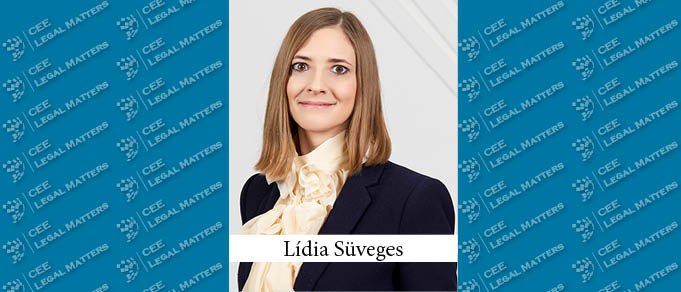In mid-October 2022, a new bill has been submitted to the Parliament on the amendment of certain tax provisions in relation to real estates. The bill, on the basis of changes in the building regulations, clarifies the definitions of the properties under construction and built-on new properties. Thus, a built-on new property means also a property for which an occupancy permit was already issued, but then, its use or the number of its units changed (e.g. it was converted from a flat to an office) and 2 years have not yet elapsed until its sale. These properties will be sold subject to VAT.
One of the conditions for the application of reverse taxation in respect of the construction-installation works is that the creation, extension, alteration or other modification of the property is subject to a building permit (or subject to a procedure for obtaining the acknowledgement of the building authority or a simple notification). However, under the building regulations, many works have been exempted from the building permit in the recent years and thus also from reverse taxation. Therefore, as a result of the amendment of the VAT Act, reverse taxation will also apply to works for the creation, extension, alteration or other modification of the property, where a building permit or simple notification is not required, but the execution of the works requires other permit or notification of the authority.
Another change relates to the transactions between affiliated companies. The transfer of real estates between affiliated companies is exempt from the property transfer duty. Under the current rules, the condition of the exemption is that the acquirer's main business activity should be “the leasing or operation of own or rented property or the sale of own property”. This requirement needs to be met only at the time when the duty payment obligation arises, and the rule can therefore be circumvented by a formal act of the court of registration (by the registration of the change of the main activity). In order to prevent this, the new rules will require that 50% of the turnover should come from the aforementioned activities or one of these activities in the total turnover of the acquirer for the application of the exemption.
If adopted by Parliament, the amendments will enter into force on 1 January 2023.
By Lidia Suveges, Attorney at law, KCG Partners Law Firm



